by Heather Kays
Watchdog
February 18, 2016
Does TD Bank get to decide if Wells Fargo can open a branch down the street? Can Starbucks nix a neighborhood Dunkin’ Donuts? That’s essentially the situation in Florida and other states where local school boards can determine if a public charter school can open in their district or county.
Some lawmakers are trying to change that.
The state House of Representatives will consider two school choice measures during the current legislative session, including one that would amend the state constitution to establish a state entity to approve charter schools, rather than leaving the task to local school boards.
Bill Mattox, director of the J. Stanley Marshall Center for Educational Options at the James Madison Institute, says the state’s existing process is fraught with conflicts of interest.
“The problem charter school advocates have been pointing to for a long time is that this is kind of like McDonald’s having to go to Burger King to get approval to open down the street,” said Mattox.
Jeanne Allen, founder and president emeritus at the Center for Education Reform, says local school boards have proven repeatedly not to be the best authorizers for new charter schools.
“Having school districts as the sole charter school authorizer in a state creates an unnecessarily hostile environment for charters because local school boards often view charter schools as competition and reject applications based on politics, not merit,” said Allen. “Without objective oversight from multiple and independent authorizers, charter schools have no alternatives for approval, meaning quality charter school growth in a state is severely stunted. School board hostility has prevented certain states, such as Maryland, Virginia, Tennessee, and more from meeting growing demand for school choice.”
Mattox pointed to an example of a proposed charter school for at-risk students, which faced questions such as how many students would be taken away from traditional public schools.
“When they went to apply, there was a lot of needless hassle that they encountered,” Mattox said. “The kinds of questions being asked weren’t the type of questions parents would have been asking.”
The National School Board Association argues that only local school boards should authorize charter schools because that keeps local communities in control. The NSBA did not respond to a request for comment for this story.
‘Find the right fit’
The second measure under considedration is a bill to allow parents to enroll their children in any school with an open seat, across district lines.
“The hope in all of this, as with any school choice measure, is by giving parents and students the freedom to find the right fit where the student will thrive that you can increase the quality of all schools,” Mattox said. “You don’t have captive markets. You have open markets and the schools will have to continuously up their game and continue to approve.”
Rep. Michelle Rehwinkel Vasilinda, D-Tallahassee, voted against the charter measure in committee, but supported the bill to allow cross-district choice.
“I remember when I was a child thinking that you couldn’t go to a school that was outside your district,” said Vasilinda, adding the desire to give parents rights and students additional educational opportunities led to her decision. “I remember thinking, that doesn’t sound very American.”
Mattox said the transfer bill would help some of the most vulnerable students. “This is intended to give students more options. Especially students in failing schools.”
Consideration by the full House is expected later this month.











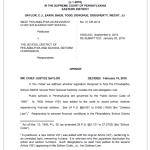
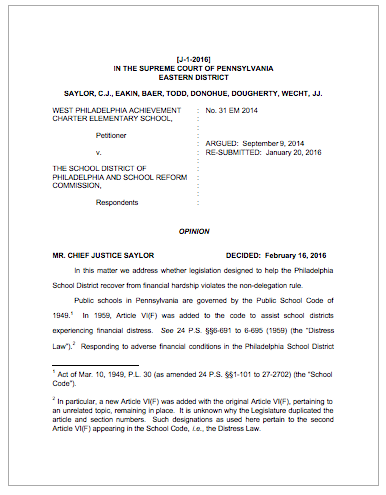
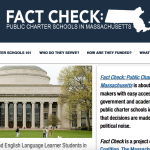
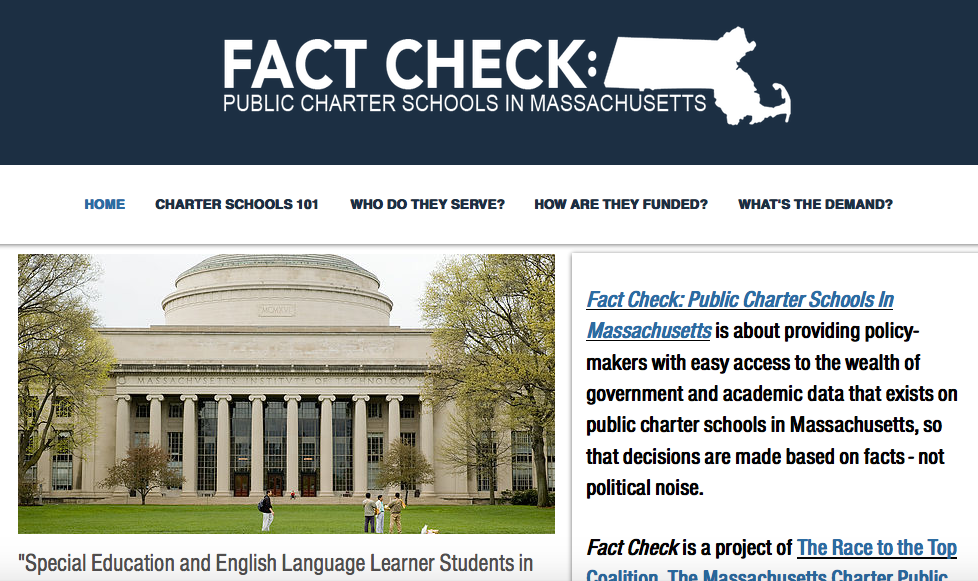
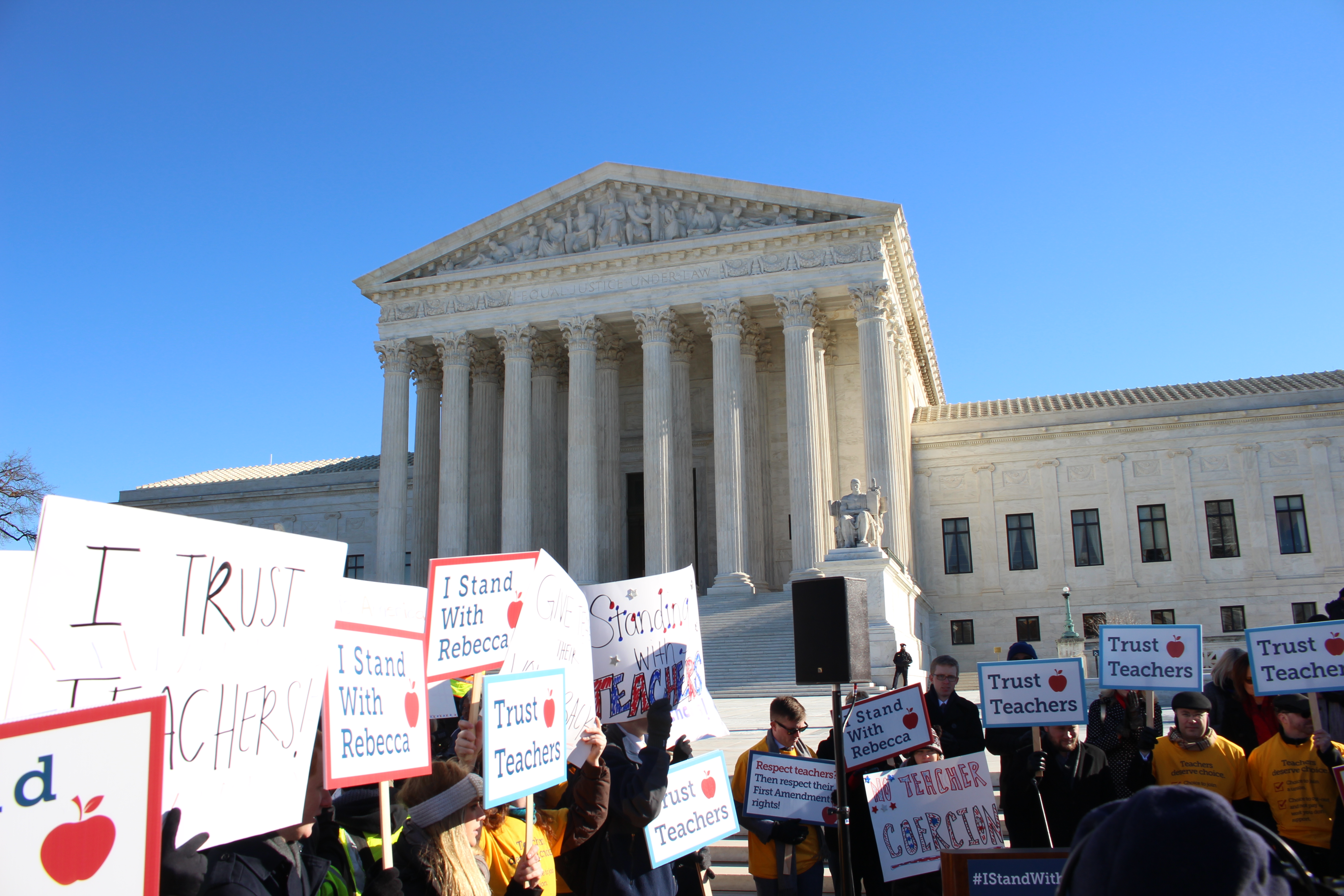 Teachers are becoming increasingly frustrated that their paychecks are funding activities that ultimately hurt their students and their professional freedoms, as demonstrated by the U.S. Supreme Court
Teachers are becoming increasingly frustrated that their paychecks are funding activities that ultimately hurt their students and their professional freedoms, as demonstrated by the U.S. Supreme Court